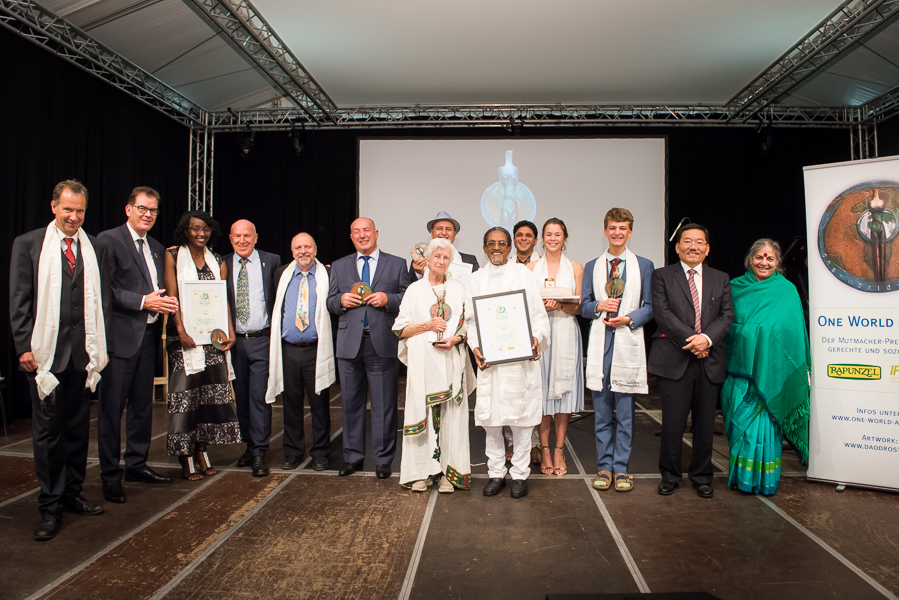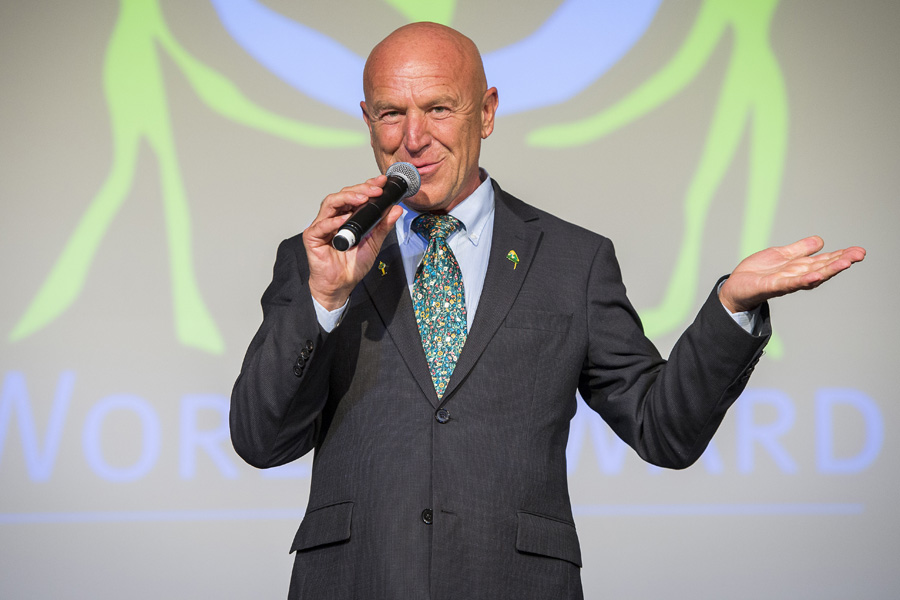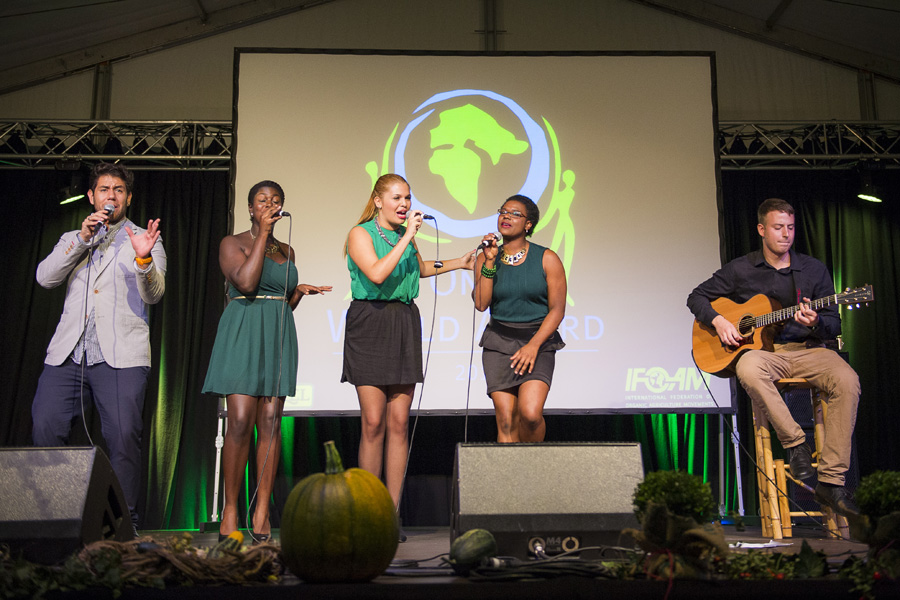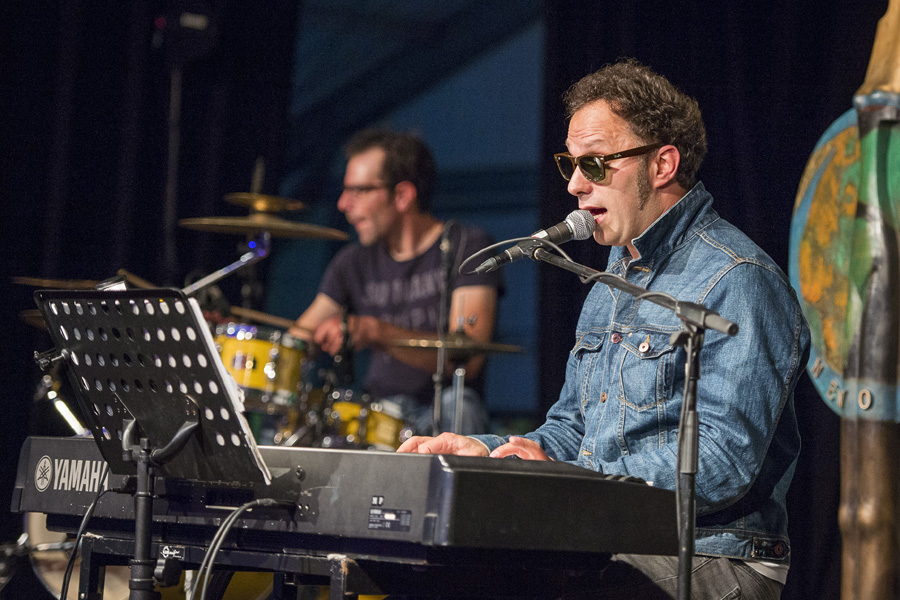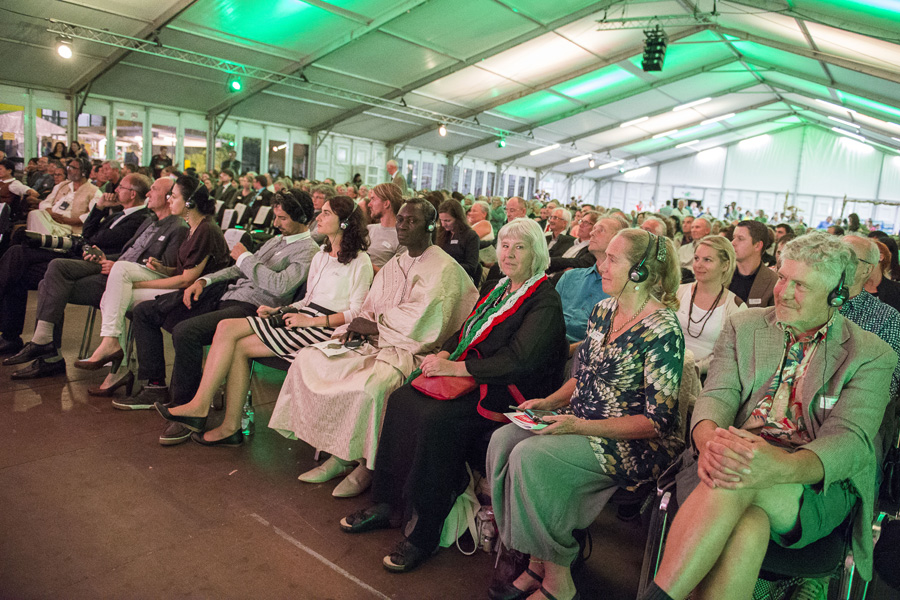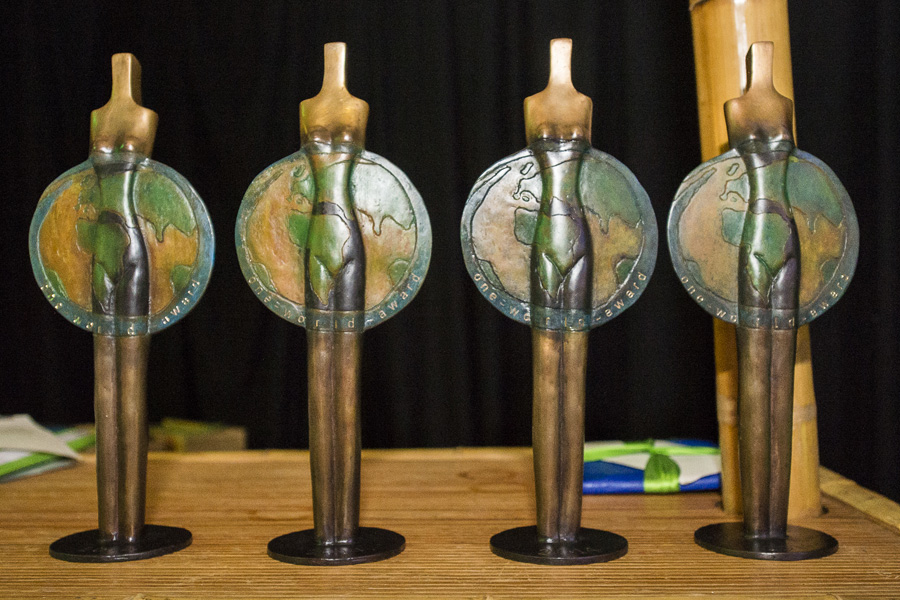Harald Schützeichel and the Solar Energy Foundation in Ethiopia
OWA Finalist 2008
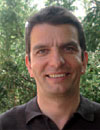
A reflection on the work of Mr. Harald Schützeichel and the Solar Energy Foundation
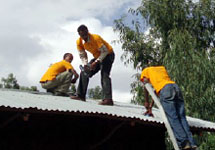
Bringing light to the villages is very important for education, health and economic development and also brings an important sign of hope to the rural population that there are improvements in living conditions, reducing pressure to emigrate to the (slums of) big cities.
The solar lamps also have a significant environmental improvement potential. They replace the kerosene lamps, which need about 70 litres of petroleum per year and produce 170 kilogram of CO². After a pilot project to install solar units in 30 huts, a plan has been made to provide the village Rema with over 1.200 households with solar electricity. This year 3.000 units will be installed, which then will grow next year to 7.000 units. Already in the second year of its existence 15.000 people are benefiting from the foundation’s work.
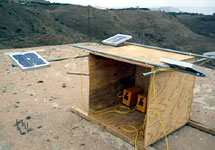
What makes this project outstanding is its approach not to work as a classical “charity” donor. The Solar Foundation gives real meaning to the famous Chinese proverb about feeding a person either by giving him a fish or teaching him to fish. In this context it could read “If you want to give people light for a week, give them a torch and batteries, but if you want them to have light and electricity forever, help them to get their own solar unit”. Although the project is new, it has already shown that it has great growth possibilities not only in Ethiopia but for the whole of Africa and developing countries in the south.



